Publications
Articles, publications, books, tools and multimedia features from the U.S. Institute of Peace provide the latest news, analysis, research findings, practitioner guides and reports, all related to the conflict zones and issues that are at the center of the Institute’s work to prevent and reduce violent conflict.
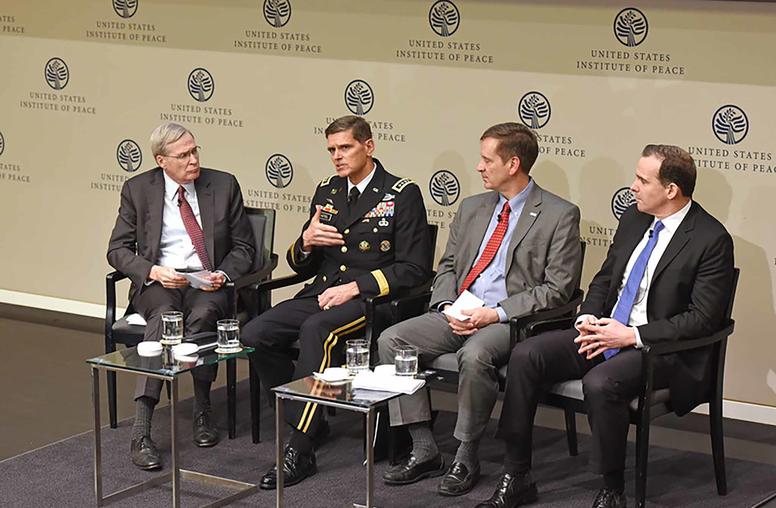
Tilting Iraq and Syria Toward Stability—and Away From ISIS
With last year’s military rollback of the ISIS-declared caliphate, U.S. security and Middle Eastern stability require some way to establish governance in Iraq and Syria that meets the needs of their peoples, according to U.S. administration and military leaders, Iraqi officials and regional experts speaking on April 3 at USIP. During a day-long examination of strategy to stabilize the region and prevent a revival of ISIS, U.S. special presidential envoy Brett McGurk said President Trump’s March 30 order to freeze spending on post-combat recovery efforts in Syria “is not hampering our work in the field.”
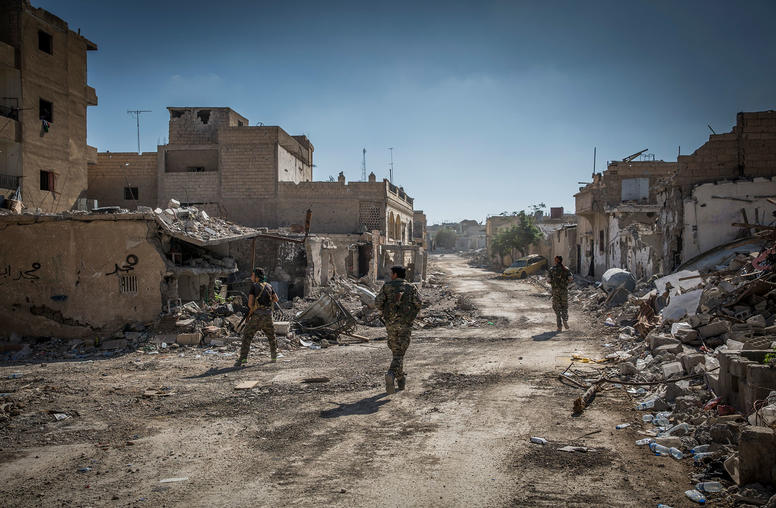
A New U.S. Strategy Will Keep American Troops in Syria
Secretary of State Rex Tillerson has outlined a new Syria strategy for the Trump administration that includes an extended U.S. troop presence. Tillerson spoke days after Turkey, a NATO ally, denounced a U.S. plan to create a Border Security Force in Syria composed heavily of ethnic Kurds. Mona Yacoubian, a longtime analyst and policy specialist on Syria and the Middle East, discusses the implications of these developments.

Mona Yacoubian on the Changing Dynamics in Syria
Mona Yacoubian gives us a glimpse into the changing dynamics in Syria, addressing Assad’s grip on power, Russia’s support, and Iran and Turkey’s roles and interests. Yacoubian also addresses the rising tensions between Turkey and the United States over the Kurds.
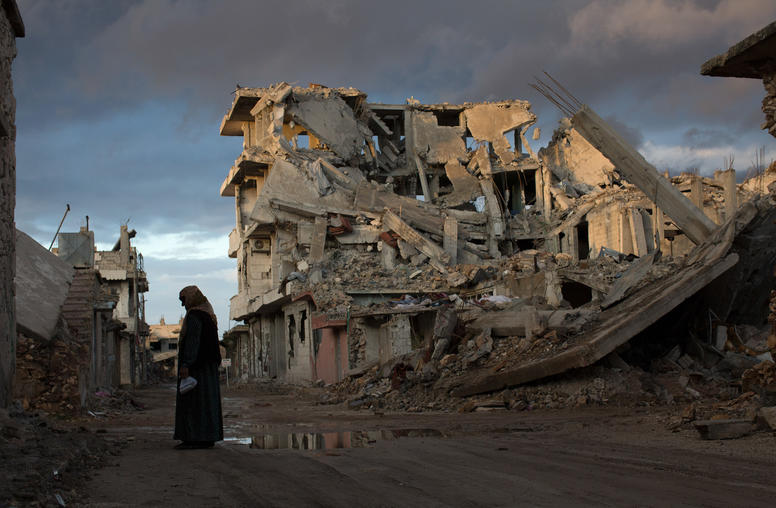
The Middle East: Divided, Dysfunctional
Even before President Donald Trump upended a core U.S. policy recognizing Jerusalem as Israel’s capital, late 2017 has been tumultuous in the Middle East. The Islamic State (ISIS) “caliphate” collapsed. Syria’s Assad regime all but won the six-year civil war, consolidating Iranian and Russian influence. Saudi Arabia purged...
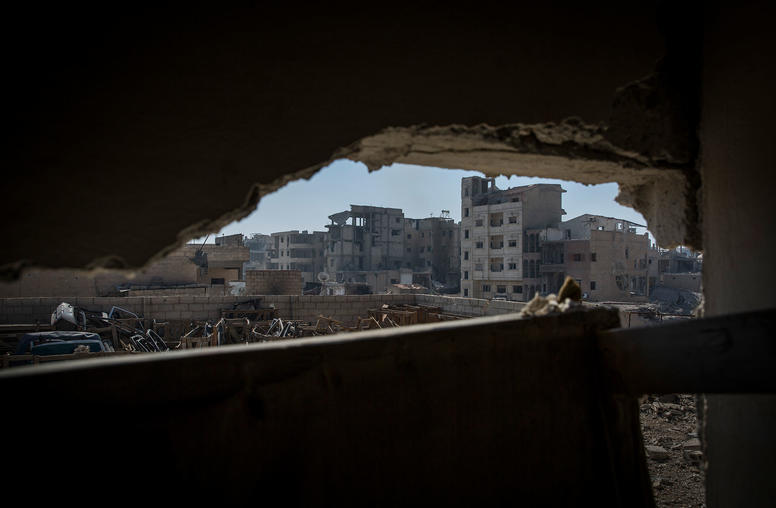
Will Russian Peace Efforts Pay Off in Syria?
Russian President Vladimir Putin welcomed Syrian President Bashar al-Assad to Sochi on Tuesday to discuss efforts to end the Syrian civil war. The presidents of Iran and Turkey are scheduled to meet Putin on Wednesday as Russia promises to scale back its military presence in Syria and push for a diplomatic solution.

Mona Yacoubian on the Liberation of Raqqa
Mona Yacoubian tells us about the liberation of Raqqa, Syria, and explains the necessity of continued U.S. involvement in Raqqa.
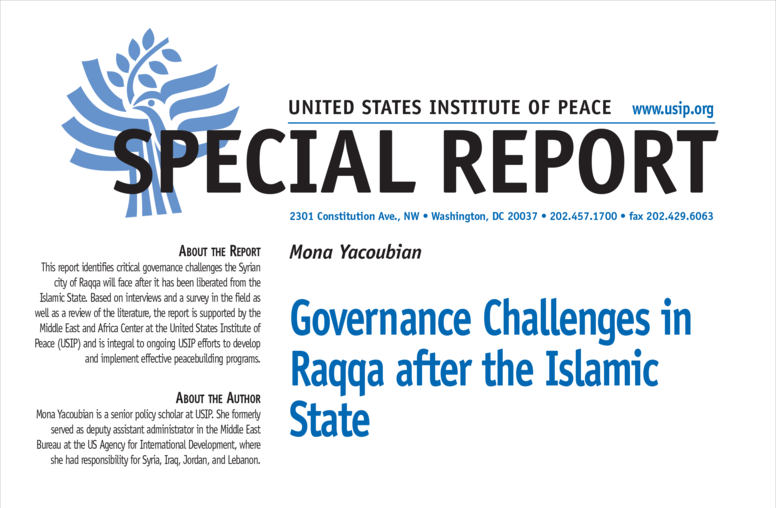
Governance Challenges in Raqqa after the Islamic State
The fall of the Syrian city of Raqqa—the capital of the self-proclaimed Islamic State (IS)’s caliphate—will be a critical defeat for IS. Yet the success of the counter-campaign will ultimately...
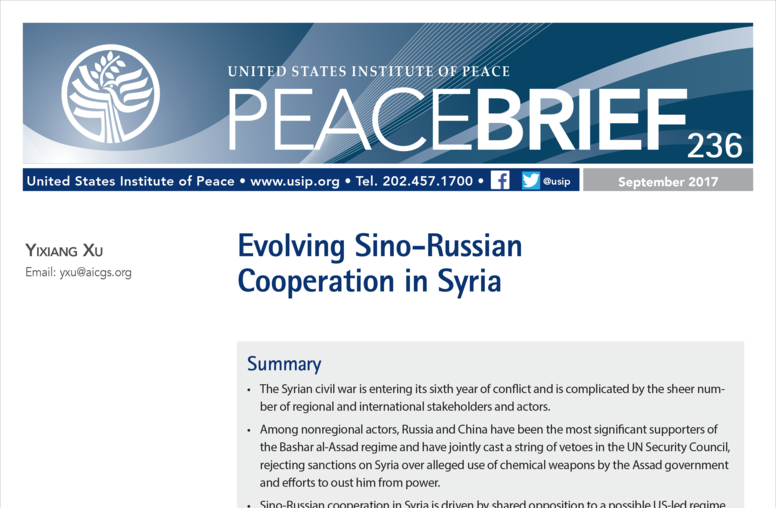
Evolving Sino-Russian Cooperation in Syria
Sino-Russian alignment in support of the Assad government in Syria is driven primarily by the mutual goal of preventing regime change and halting the spread of Islamic extremism. However, because Chinese strategic priorities lie elsewhere and Russia’s tactic of protracting military conflict in Syria contradicts Beijing’s long-term strategic interests, the prospect of future Sino-Russian cooperation in Syria is limited. This Peace Brief examines the forces driving this cooperation as well as its limits.
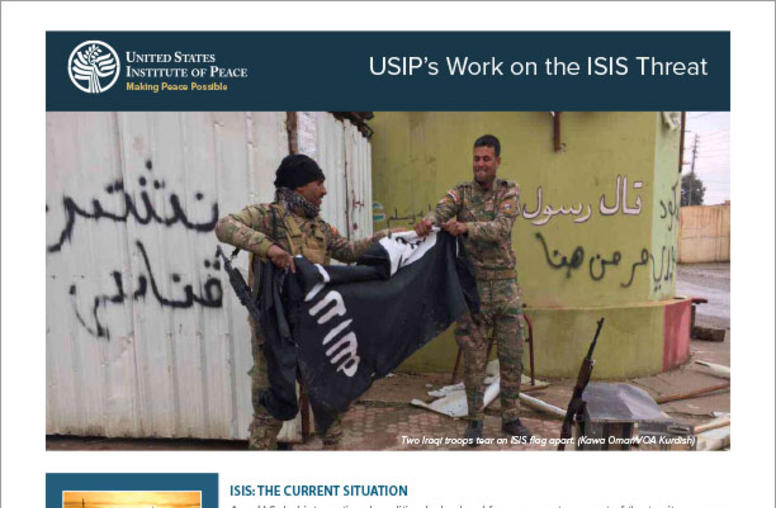
USIP’s Work on the ISIS Threat
The U.S. Institute of Peace has operated on the ground in Iraq since 2003 and in Afghanistan since 2002, as well as in Libya, Nigeria, Syria, Tunisia, and Yemen. As a small, agile institution, USIP works with local leaders and the U.S. government, including the military, to stabilize areas devastated by ISIS, end cycles of revenge, and address the root causes of radicalization, including corrupt and abusive governance.

Q&A: Will U.S. Strikes on Syria Change Conflict’s Course?
The United States launched its first air strikes against forces backing Syrian President Bashar al-Assad since the country’s civil war began six years ago, in retaliation for a chemical-weapons attack that killed more than 80 civilian men, women and children. Elie Abouaoun, who is director of Middle East and North Africa programs at the U.S. Institute of Peace and is based in the region, examines the strategic implications, and USIP President Nancy Lindborg, who has worked for nearly 30 years on humanitarian crises and areas affected by conflict, comments on the factors that prompted the U.S. attack.